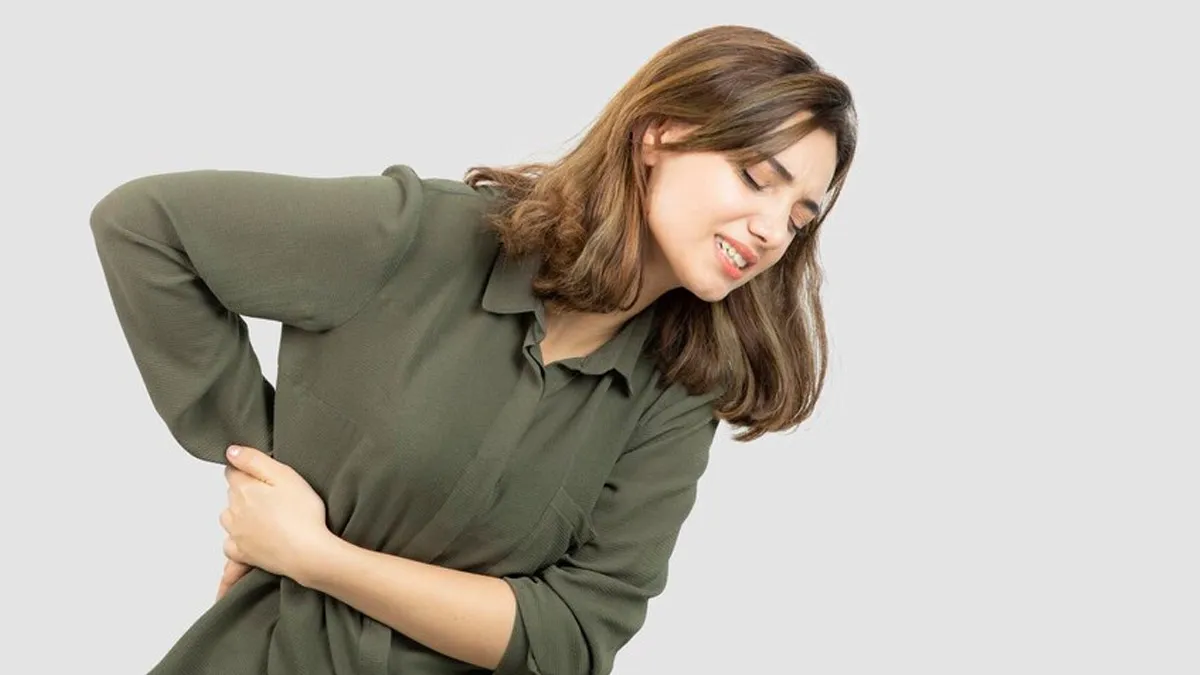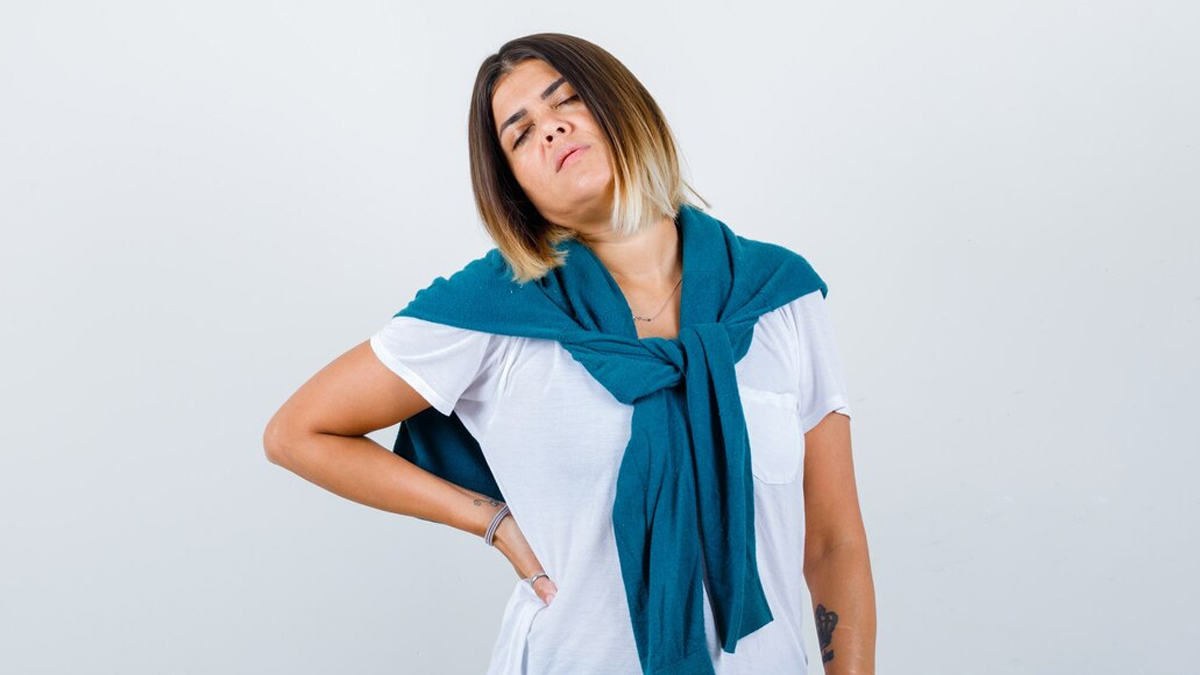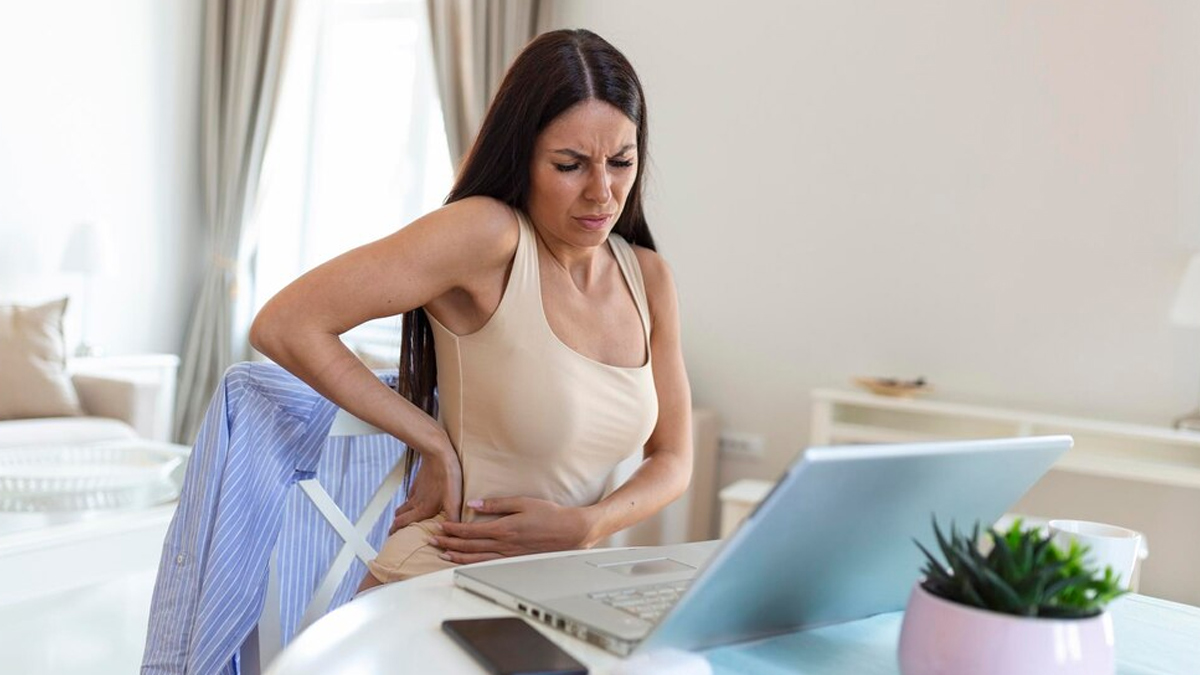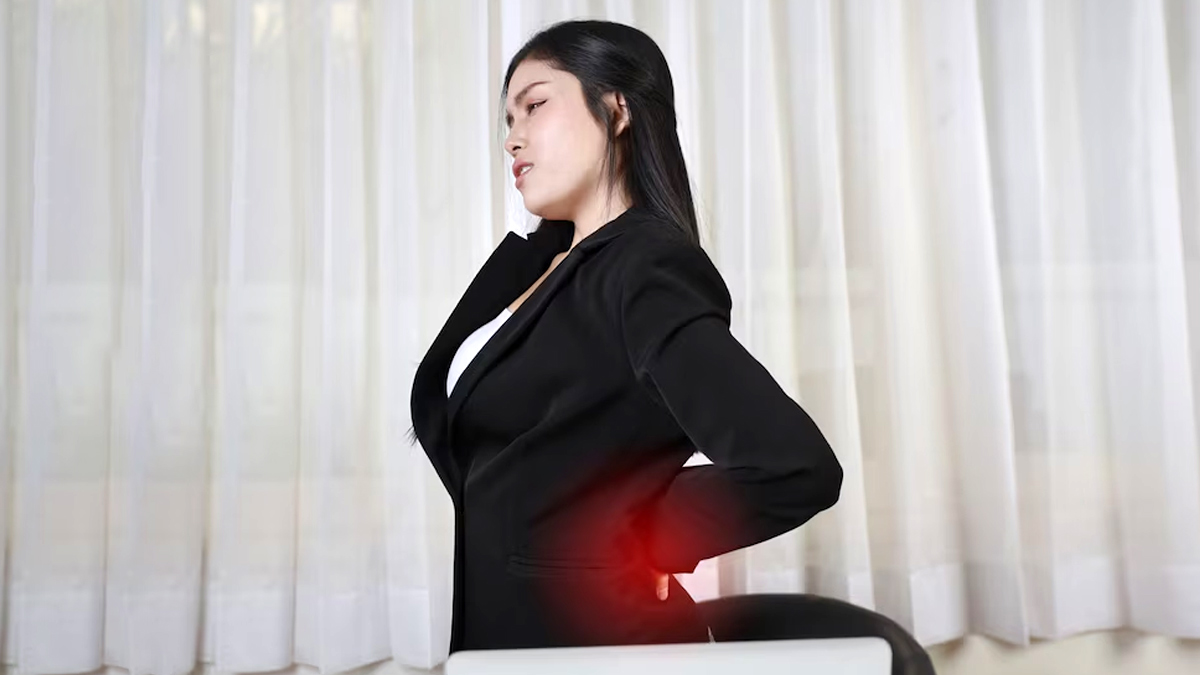
Hip pain can occur due to various reasons, from injuries, muscle strain, or underlying health conditions, like arthritis. Both men and women can experience hip pain, but it could be more prevalent among women, according to Dr Aashish Chaudhry, Director and Head - Department of Orthopaedics and Joint Replacement, Aakash Healthcare, New Delhi. He says, "Women are more prone to suffer from hip pain caused by socket or acetabulum disorders. The socket may be overly shallow or deep, resulting in discomfort."
Table of Content:-
But the question is, what are the most common causes of hip pain in women, and what are the strategies to manage the discomfort? Read to know what our expert has to share.
Also Read: Hip Pain Due To Arthritis: Practical Tips To Relieve Pain For Everyday Comfort
Common Causes Of Hip Pain In Women

Hip pain is more common in women than in men, and this is reported in several studies.
A recent review published in the Frontiers of Endocrinology suggested that osteoarthritis, a common joint disease, affects more women than men. Researchers noted that while men were more likely to have visible joint damage on X-rays, women were more likely to experience hip pain and seek medical attention.
Another study highlighted that 10.3% of women experienced hip pain, compared to 6.8% of men.
According to Dr Chaudhry, older women are more prone to hip fractures, which can cause gradual functional disability, dependency, and death.
Changes in various hormones that impact the musculoskeletal system have been recognised as possible risk factors for fractures in postmenopausal women, particularly the vitamin D/parathyroid hormone (PTH) and insulin-like growth factor-1 (IGF-1)/growth hormone axis, he explains, adding that these hormones may have a significant role in both hip fracture risk and post-fracture rehabilitation.
Additionally, wear-and-tear arthritis is a leading cause of hip pain in women. Women are more likely to have hip pain as a result of hip fractures following arthritis. They are more likely to have hip fractures, particularly elderly women with osteoporosis.
Moreover, tendinitis and bursitis are two more reasons for hip discomfort, both of which are frequently caused by overuse. Women should also watch out for gynaecological and back disorders as well as groin hernias that cause hip problems.
How To Alleviate Hip Pain In Women

Gentle hip exercises can help reduce discomfort while also improving joint mobility and strength, shares Dr Chaudhry.
Butterfly stretches stretch your inner thigh adductor muscles, double hip rotations develop your gluteal muscles (muscles in your buttocks), and leg swings stretch your upper hamstrings, upper quadriceps (muscles at the top of your thighs), and hip flexors.
External hip rotations will also work on various muscles in your hip muscle complex, as will figure four stretches for the outer sides of your hips and gluteal muscles, as well as yoga squats to stretch your calf muscles, gluteal muscles, hamstrings, and quads.
Also Read: How To Manage Hip Pain After Childbirth: A Common Postpartum Discomfort
When To Seek Medical Attention?

For women who frequently experience hip pain, here’s when you should consult a medical professional:
- A joint that seems malformed or out of position
- Inability to move your leg or hip
- Unable to bear weight on the affected limb
- Intense pain
- Swelling that occurs suddenly
- Fever, chills, redness, or any other indication of infection
If you experience any of these symptoms, you can incorporate the Rest, Ice, Compression, and Elevation (R.I.C.E.) strategy. When hip pain initially appears, it is frequently treated as the first line of defence, says Dr Chaudhry.
He further shares that NSAIDs (nonsteroidal anti-inflammatory drugs) can help reduce swelling and discomfort, and these medications can be effective in treating muscle tears, bursitis, arthritis, tendonitis, and certain labral tears. However, a consultation with a doctor before their use is essential.
Additionally, physical therapy can strengthen the muscles in and around the hip, which aid in minimising inflammation and hip discomfort.
How we keep this article up to date:
We work with experts and keep a close eye on the latest in health and wellness. Whenever there is a new research or helpful information, we update our articles with accurate and useful advice.
Current Version